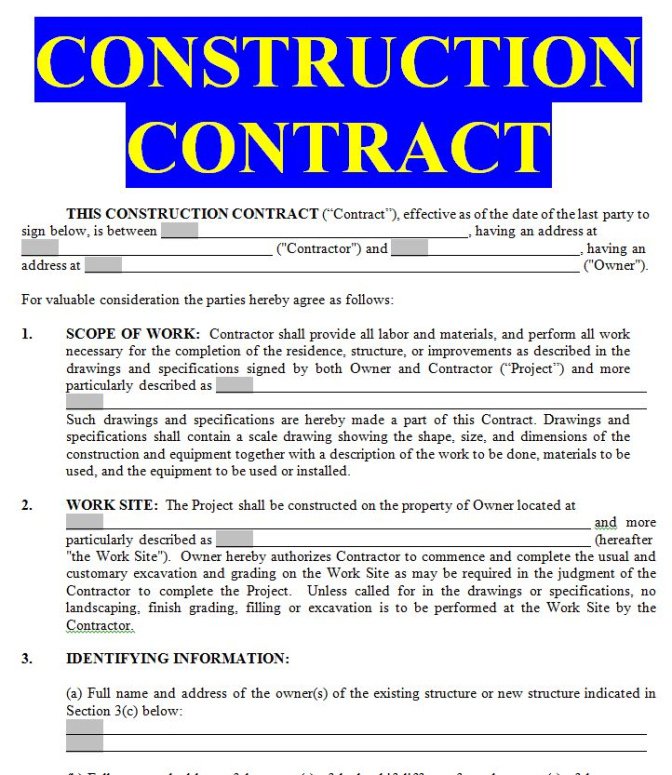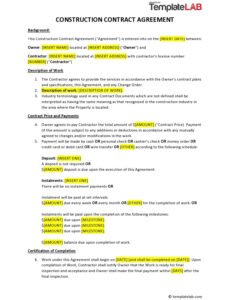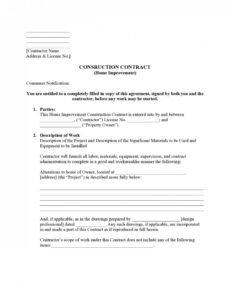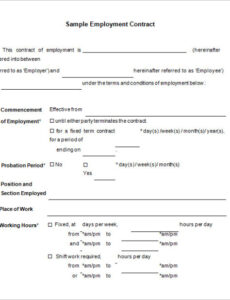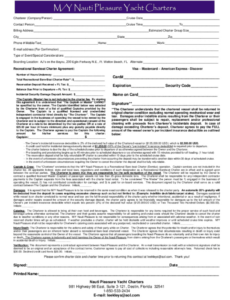Contract for building work template, A contract is defined as a spoken or written agreement that is meant to be enforceable by law. Basically, contracts are guarantees which the law will apply. The law of contracts is in the center of the majority of business dealings and is, therefore, one of the most significant areas of legal issue. Most contracts that may be performed in a year may be either oral or written. Major exceptions include contracts involving the ownership of property and business contracts for goods worth $500 or greater, which must be in writing to be enforceable.
Everything you have to understand is that contracts don’t need to be in writing so maybe not every contract somebody makes is a bodily formal arrangement. Occasionally verbal agreements are based on a contract. In reality, prior to a legal contract could exist, there needs to be a”meeting of the minds.” And while this too may appear strange, think about the following scenario. You are out with buddies talking and the topic turns to companies and among your friends brings up a novel business idea.
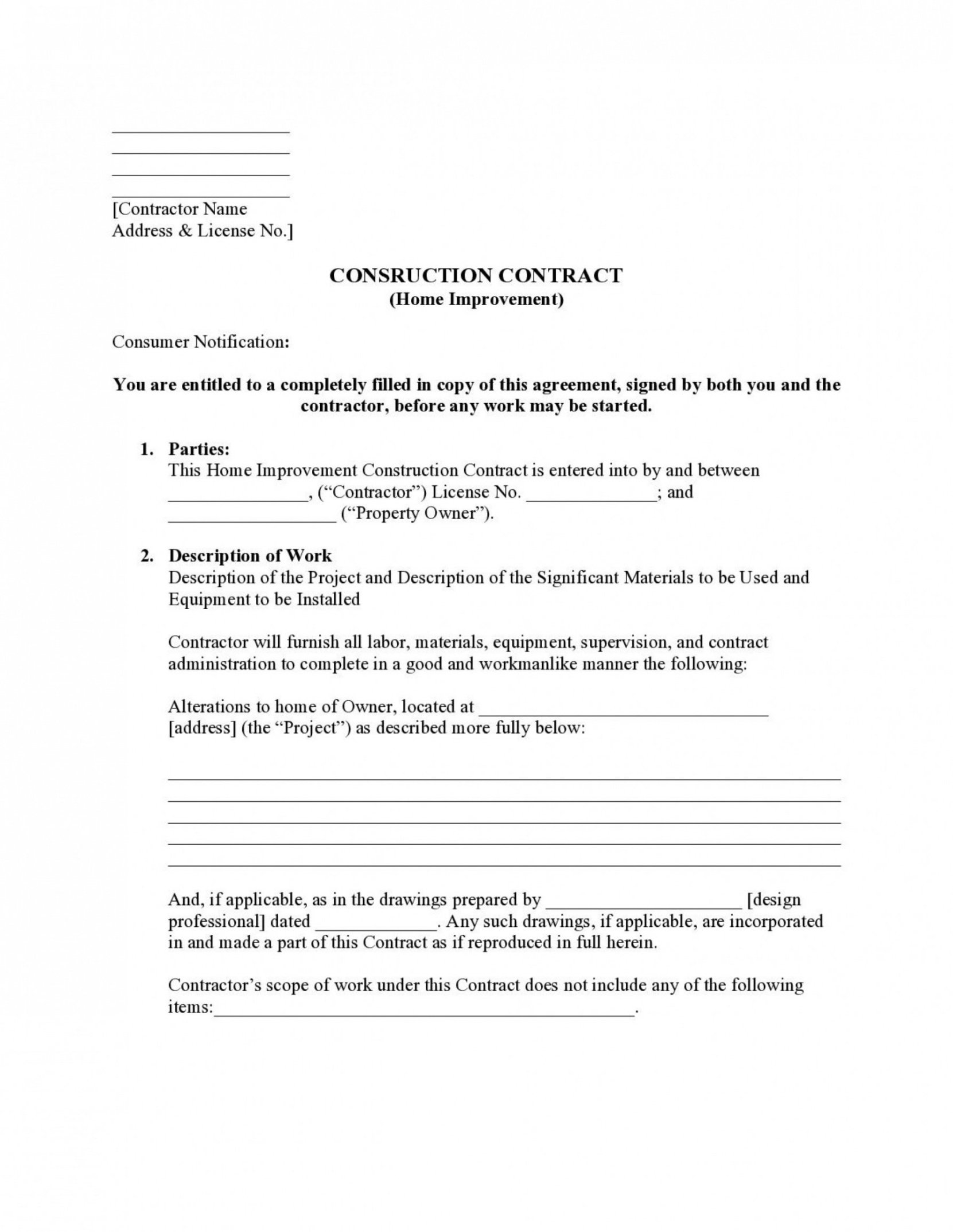
This isn’t the first book I would recommend or look to for the newcomer wanting to draft a contract, nor will that book have sample contracts or types for many conditions. What this book does include is a alphabetical list of virtually anything you can think about involving contracts. It is only a contract encyclopedia. (While it’s definitions like a dictionary occasionally, the entries are much more as an encyclopedia than dictionary.)
Apart from the definitions, the book also has examples of contract provisions, sample contracts, and sample clauses which you could insert into contracts you’re drafting. In some places, Stim provides a tiny bit of extra data, like the seven pages on negotiation. Obviously, there’s a lot more to negotiation, you can fill book shelves with books on this topic, but it is nice to have a little aimed at contract discussion.
Many law firms, especially small law firms, find using contract attorneys to be a fantastic way to maintain flexibility and expand their law firm without hiring in-house, salaried attorneys. Businesses are legally allowed to add a fair surcharge into the fees of their typical attorneys. In a slowing economy, the use of contract lawyers helps give firms a competitive edge, decreasing costs while increasing efficiency. As contract law becomes an increasingly larger sector of law enforcement industry, lawyer agencies are becoming more varied. These are essentially businesses that find jobs for attorneys to do and require a little fee for their services. Some firms who employ contract lawyers prefer to go through such agencies since they (the agencies) need a particular caliber and professionalism in the lawyers they signify.
